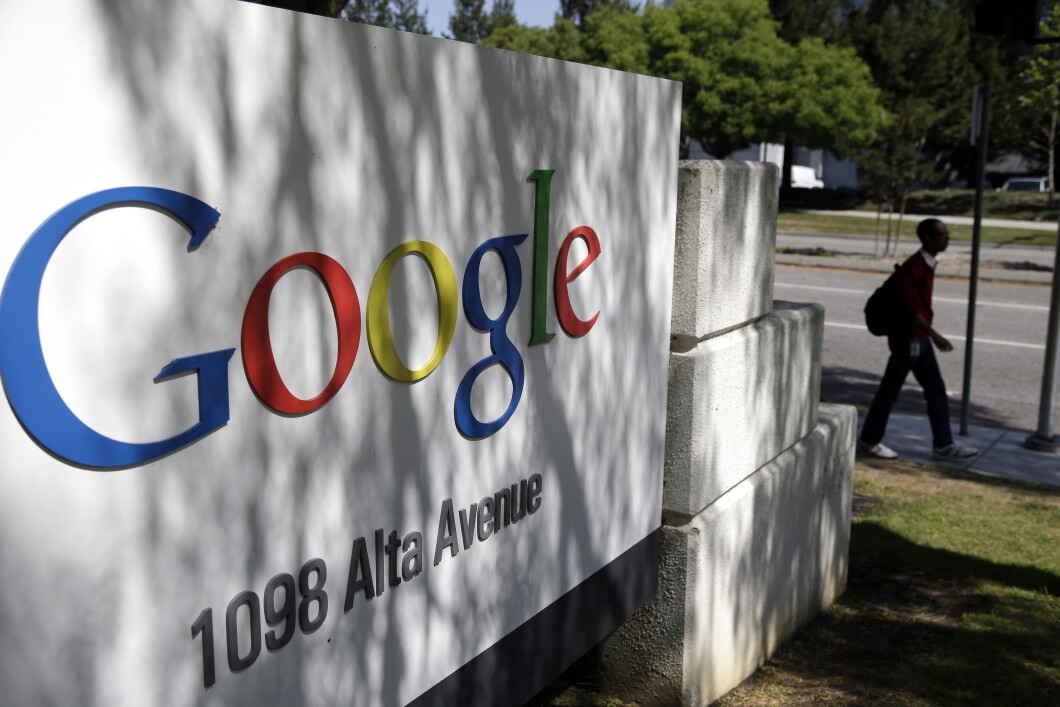
Tech advocacy organizations are arguing that the court should reject the Justice Department’s allegation that Google has monopolized digital advertising by making the case that the relevant market is not just online advertising but also print ads, television ads, and the like.
Google, they say, is a much smaller player in that bigger market, and even its hold on the digital market is slipping.
FORMER PRESIDENTS AND VPs CALLED TO HUNT FOR CLASSIFIED DOCUMENTS
Advocates of the tech industry spoke out after the DOJ filed a suit against Google on Tuesday in partnership with eight states alleging that it has control of the advertising technology market. While the DOJ attempted to frame the last 20 years as Google aggressively taking over the market, critics argued that the company is still forced to compete with other Big Tech companies and controls a smaller portion of the market than the DOJ implies.
The DOJ’s lawsuit against Google is “painting a picture of how Google is a ruthless, competitive corporation, Carl Szabo, vice president of the conservative tech industry group NetChoice, told the Washington Examiner. “But you’re only a ruthless competitive corporation when there is competition in the marketplace. And that’s pretty much what we are seeing regarding the digital ad space.”
The lawsuit will attempt to hold Google accountable for “driving out rivals, diminishing competition, inflating advertising costs, reducing website publisher revenues, stymieing innovation, and flattening our public marketplace of ideas” over a 15-year period, Assistant Attorney General Jonathan Kanter said in remarks delivered on Tuesday.
While the DOJ alleges that Google is monopolizing the $250 billion U.S. market for digital ads, Google’s hand in the market has been steadily shrinking in recent years, Szabo noted. The search giant held a 31.6% share of digital ad spending in 2019, but that declined to around 26.4% in 2022.

One of the larger questions that the courts will need to address is whether the DOJ’s description of Google’s market control holds up to muster. “Determining the relevant market is a key threshold question in antitrust enforcement because, with an unreasonably narrow view, nearly anything could be alleged to have monopoly power,” Computer & Communication Industry Association President Matt Schruers told the Washington Examiner. Schruers argued that Google’s advertising should be considered part of the larger advertising scene, which includes print and broadcast advertising.
“The Justice Department frames the relevant market here in a manner that defies common sense. For the government to argue that digital ads aren’t in competition with print, broadcast and outdoor ads — or even the rest of the online ad ecosystem — lacks credibility,” Schruers said.
Digital media spending was 71.8% of U.S. media ad spending in 2022, according to eMarketer.
Google supporters’ arguments echo Amazon’s own efforts to counter allegations that it is a monopoly. The online retail giant has regularly argued in antitrust cases that it is not a monopoly on the basis that it is competing with brick-and-mortar retailers such as Walmart, rather than just other online vendors. Many of the antitrust cases against Amazon have yet to be resolved.
NetChoice and the CCIA receive funding from Google to represent the company’s interests in Washington.
The suit on Tuesday will be the fifth one filed against Google over allegations of antitrust conduct. DOJ sued Google in 2020 for allegedly violating antitrust laws through its search and advertising practices. The scrutiny has increased recently to the point that Google has considered reorganizing its internal structure to separate its ad business from other operations. However, the DOJ does not appear fazed by this, according to statements from the staff.
CLICK HERE TO READ MORE FROM THE WASHINGTON EXAMINER
State attorneys, including Texas Attorney General Ken Paxton, have also filed three additional lawsuits alleging that Google violated data collection and advertising rules.
Google is in the process of cutting costs, as are other prominent Silicon Valley firms. The search giant cut more than 12,000 jobs on Jan. 20 from its global workforce.







